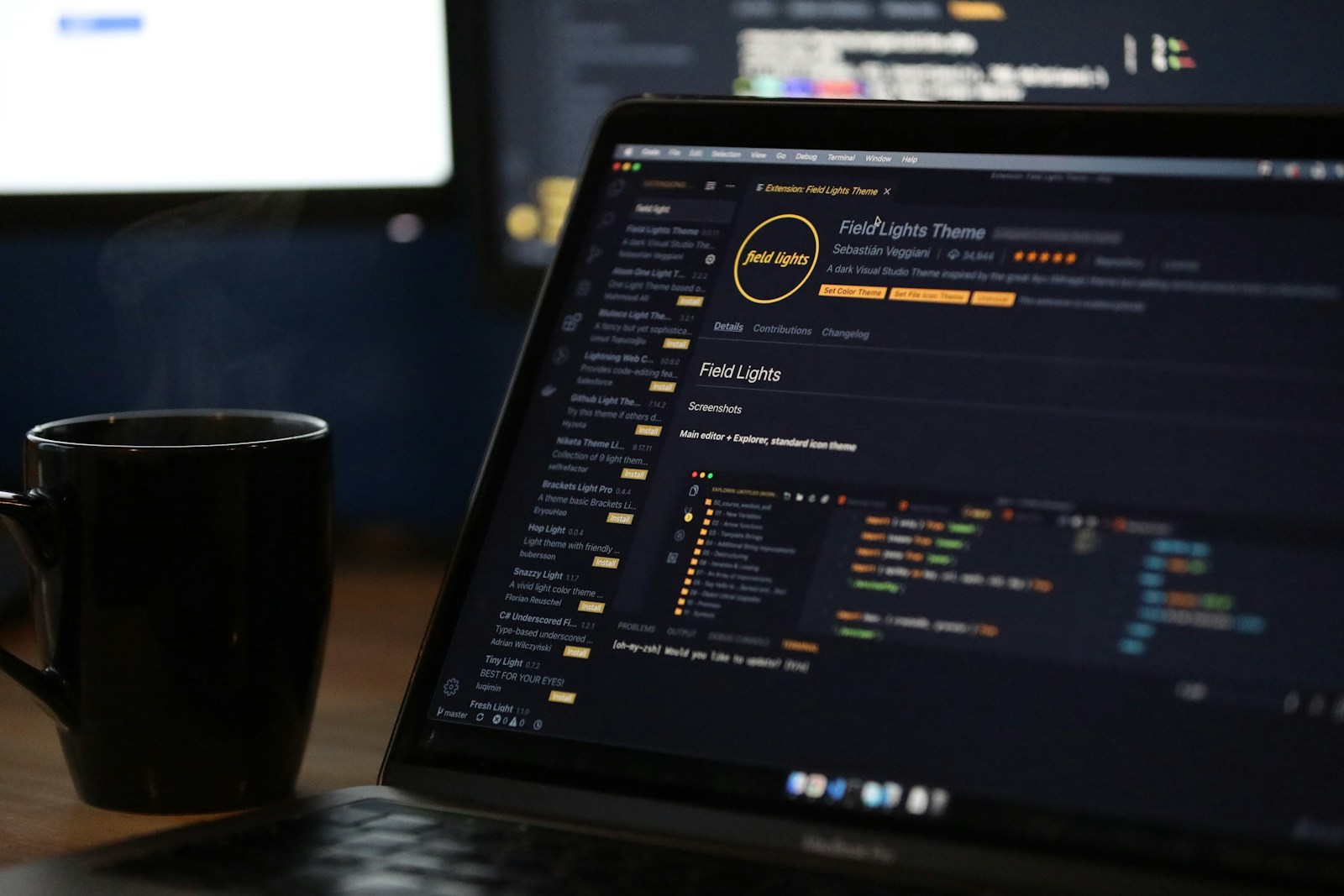Flutter is a popular open-source framework for building mobile apps, and it’s supported by several Integrated Development Environments (IDEs) that enable developers to create and manage their projects with ease. In this article, we’ll discuss the 5 best IDEs for Flutter app development, including Android Studio, Visual Studio Code, IntelliJ IDEA, Xcode, and Visual Studio.
Each of these IDEs has its own set of features and capabilities, and we’ll take a closer look at how they support Flutter development. Whether you’re a beginner or an experienced developer, this guide will help you choose the right IDE for your next Flutter project.
Android Studio
This is the official IDE for Android development, and it includes a built-in code editor, visual layout editor, debugging tools, and an emulator. It also has a built-in support for Flutter development, including a Flutter plugin, Dart support, and a visual layout editor for building Flutter apps.
Visual Studio Code
This is a lightweight, open-source IDE that is popular among developers. It has a large selection of Flutter plugins and extensions, including a Dart extension, a Flutter extension, and a Flutter IntelliSense extension that provides code completion and snippets.
IntelliJ IDEA
This is a powerful, cross-platform IDE that is known for its intelligent code completion, refactoring, and debugging tools. It has a built-in Flutter plugin, which provides features such as code completion, error analysis, and refactoring for Flutter and Dart.
Xcode
This is the official IDE for iOS development, and it is only available on macOS. It provides a code editor, visual layout editor, debugging tools, and an emulator. Xcode can also be used for Flutter development, by installing the Flutter plugin and enabling the Dart support.
Visual Studio
This is a full-featured IDE that is popular among developers on Windows. It includes a code editor, visual layout editor, debugging tools, and an emulator. Visual Studio also has a Flutter extension that provides features such as code completion, debugging, and an IntelliSense for Dart.
It’s worth mentioning that you don’t need to stick to one IDE for developing flutter apps, you can use any of the above IDEs, and even mix and match them, depending on your needs, and your personal preference.
Ultimately, the choice of IDE will depend on your personal preference and the specific needs of your project.

Leave a Reply